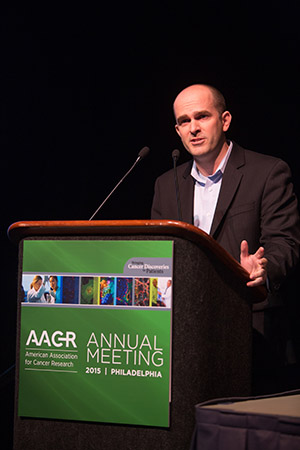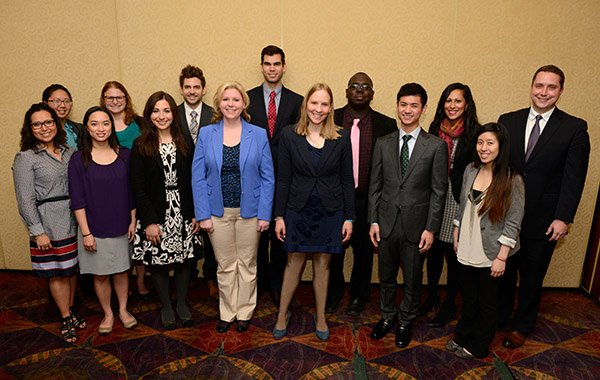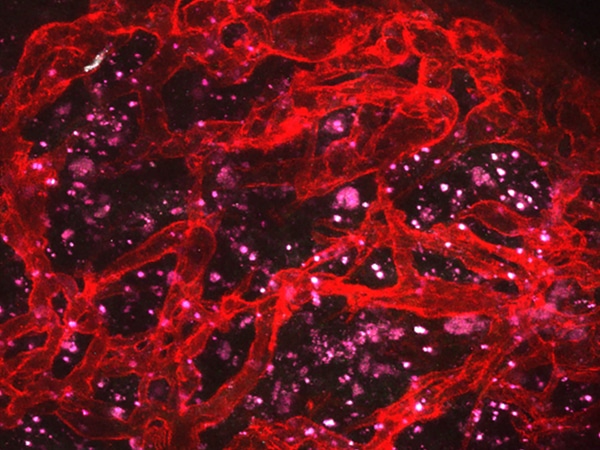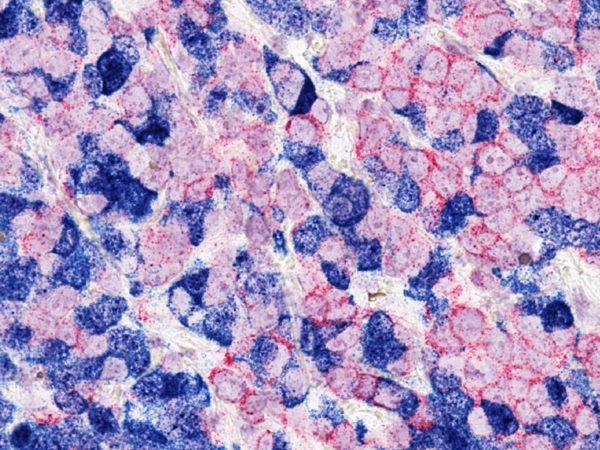How Does the AACR Support Early-career Investigators?
Early-career investigators play an important role in advancing cancer research, helping spur new discoveries and the translation of these discoveries into advances in patient care. They are also the individuals we are relying on to power progress in the coming decades. Recognizing this, the American Association for Cancer Research (AACR) has long been promoting the professional development of early-career investigators through a variety of programs and initiatives, as highlighted in this video, which captures the thoughts of a number of early-career investigators about some of the programs and initiatives.
In 1988, the AACR strengthened its support for early-career investigators by establishing a new category of membership for graduate students, medical students and residents, and clinical and postdoctoral fellows, which it termed associate membership. To enhance dialogue between associate members and the AACR’s leadership, the AACR later established the Associate Member Council (AMC). The AMC comprises 13 early-career scientists from any cancer research field at the graduate, medical student or resident, and clinical or postdoctoral stage of their career. AMC members contribute to the development of AACR programs in a substantive way, helping ensure that the organization continues to meet the professional needs of early-career scientists. Applications to serve on the AMC from 2016–2019 are being accepted through Aug. 26, 2015.
The AMC is a very active group that organizes numerous activities for its constituents, including a series of professional advancement sessions held each year at the AACR’s Annual Meeting. The AMC-led activities complement AACR-organized programs and initiatives aimed at supporting early-career investigators. Among these is a robust program of workshops designed to provide early-career investigators with educational opportunities that allow them to stay up-to-date with the latest developments in the field, sharpen their skills, and gain new expertise.

The AACR has been recognizing the immense scientific contributions of early-career investigators since it established the annual AACR Award for Outstanding Achievement in Cancer Research in 1979. Recipients of this prestigious award must be no more than 40 years of age at the time they receive the award, and nominations for the 36th award are open until Sept. 2, 2015. Through the Scholar-in-Training Award program, which was established in 1986, the AACR has also recognized more than 4,700 early-career investigators presenting proffered papers at the AACR Annual Meeting. Most recently, the AACR established the NextGen Stars program to offer increased visibility to early-career scientists in support of their professional advancement. Through this program, a number of early-career investigators are selected through a competitive application process to present their research during selected major symposia and recent advances sessions at the AACR’s Annual Meeting.
In addition, the AACR offers a number of fellowships and career development awards for early-career investigators, including a recently announced new grant initiative to stimulate highly innovative research from young investigators—the AACR NextGen Grants for Transformative Cancer Research. The creation of these grants, championed by AACR Past-president Carlos L. Arteaga, MD, stems from the need to support junior faculty at a crucial stage in their research careers. The NextGen grants are open to tenure-track assistant professors within their first three years of appointment, anywhere in the world. To learn more about this new funding opportunity, please visit our funding page. For additional inquiries or for more information, please contact us. Competitive Letters of Intent must be submitted by noon ET, Aug. 10, 2015, using the proposalCENTRAL website.




